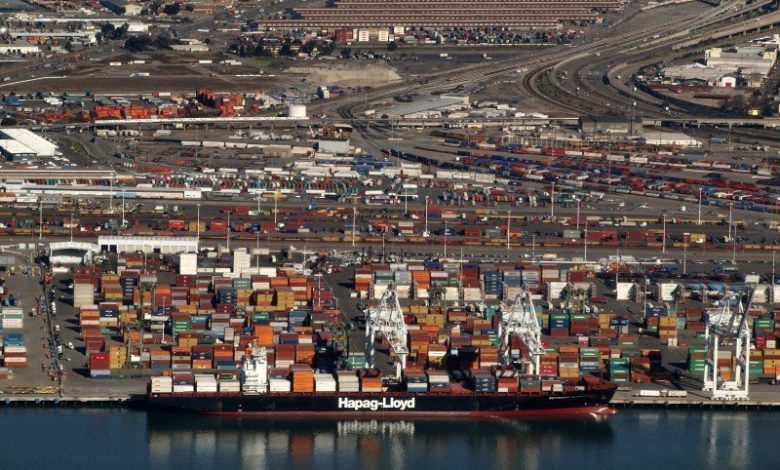US truck driver shortage problem predicted to worsen

Online freight forwarder iContainers says that the truck driver shortage problem plaguing the US at the moment is set to intensify. The problem, worsened by a very active hurricane season which affected trucking in the Gulf region and high demand from the festive season, has caused rates for hiring long-distance trucks to soar. An unexpected rough winter for the country’s south further compounded the problem and to make matters worse, capacity shrunk even further when the ELD mandate – an electronic logging device rule – kicked in in December 2017.
The ELD mandate in particular has had hard-hitting effects on all players across the American logistics industry. Trying to secure a container for an FCL load within a two-week window has proved cumbersome. Many shippers currently find themselves faced with either shipping only the necessary or paying exorbitant prices to load. According to Miami-based iContainers, it has faced as many as up to three truck cancellations a week amid all this turmoil.
“For us, the main issue has been the additional workload that goes into finding coverage for all our truck movements. Just this year alone, we have had several cases where truckers confirmed that a load was good to go in the morning only for them to cancel a few hours later. In some of these cases, it is entirely possible that the drivers simply decided to take on another load that’s more profitable.” saids Klaus Lysdal, vice president of sales and operations at iContainers.
The shortage means that as a natural market tendency, truck drivers’ pay are expected to rise. This may trickle down as additional costs for suppliers and correspondingly to consumers. But despite the rising rates, Lysdal warned in a release that the situation is likely to worsen.
“So far, rate increases have not been all that significant and probably still quite far from what they can be with the way things are looking at the moment,” Lysdal said.
“The current situation is still going to last a while. It will basically get worse before it starts to improve. The pressure on the market right now will probably have to exist for a while in order to facilitate an industry-wide rate increase.”
Truck driver shortages are not a recent problem in the US. Over the past decade or so, the trucking industry has struggled fill enough positions to meet demand. According to Lysdal, it all boils down to financial factors, with the ELD mandate further exacerbating the problem.
“Congestion and wait times were already proving to be big enough problems at most major ports and rail yards. Now, with the ELD, it’s hitting drivers even harder. It’s a major factor as it restricts drivers’ ability to make money,” Lysdal said.
“Wait times at the port are another major factor. Drivers want to be on the road, driving and making money on the mileage they cover. Sitting in line at the port does not pay the bills and with the ELD regulations, it now means that time spent waiting in line eats away at their driving time,” the iContainers executive explained.
The US Midwest has been particularly badly affected by the shortage. But the problem appears to be worsening all along the East Coast. Down south, Texas and Louisiana are also facing issues. But while the ELD implementation does appear to be the major culprit in this bottleneck, iContainers saidthat there are other factors, such as the unexpected frost in the south, that have contributed to the problem.
iContainers said exporters and importers should plan for more cushion time when managing their cargo and face the possibility of paying more in order to secure a driver amid all this congestion. It’s also advising shippers to consider rerouting their cargo to certain ports with a better gating setup.
“It may be more reliable to route your cargo via a port where the gating process works smoother. That way, it’s open to receive truckers even at night instead of within a compact eight-hour window. This may mean a higher cost to truck the container to a further destination. But given the current circumstances, you may end up winning in the long run,” Lysdal concluded.
